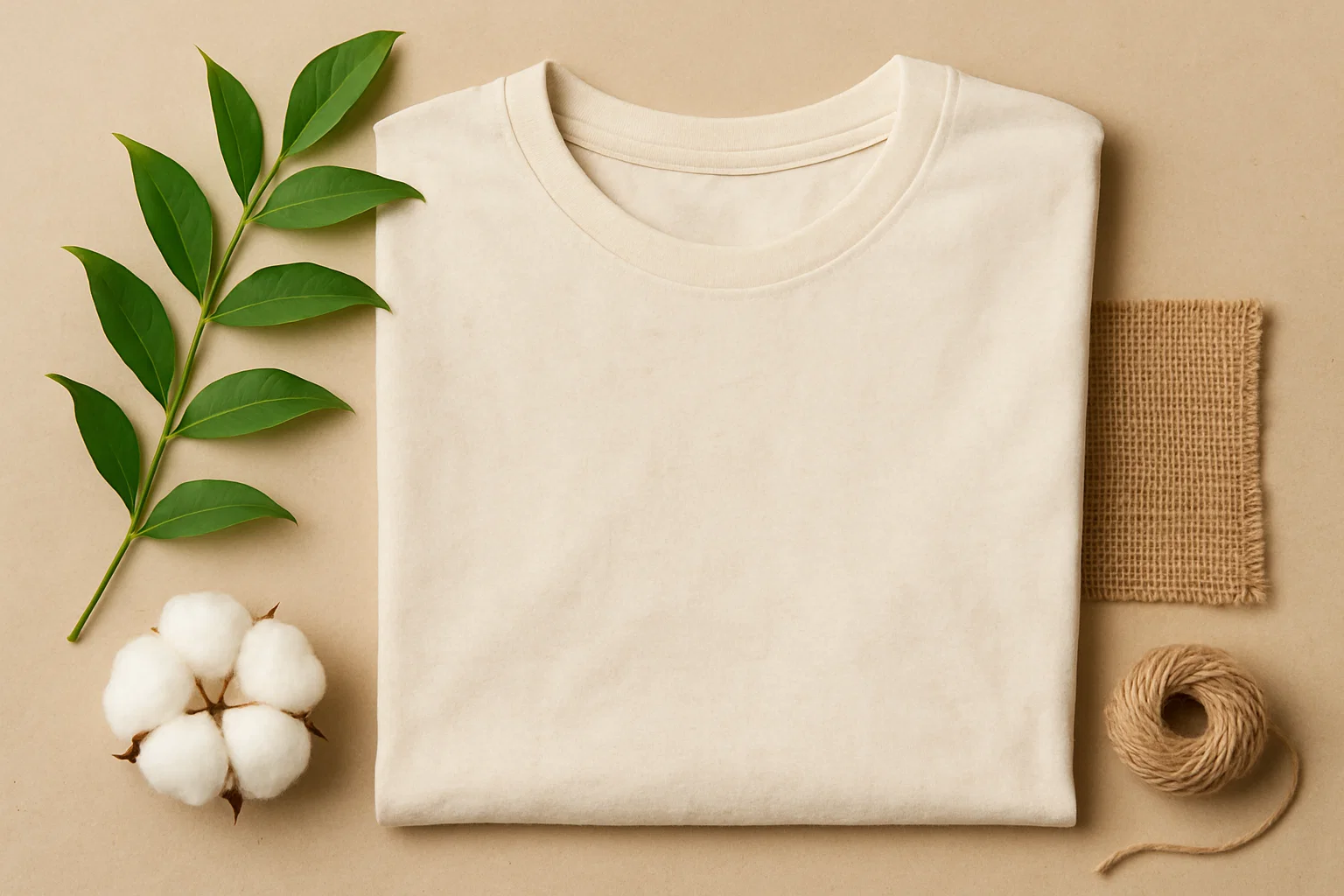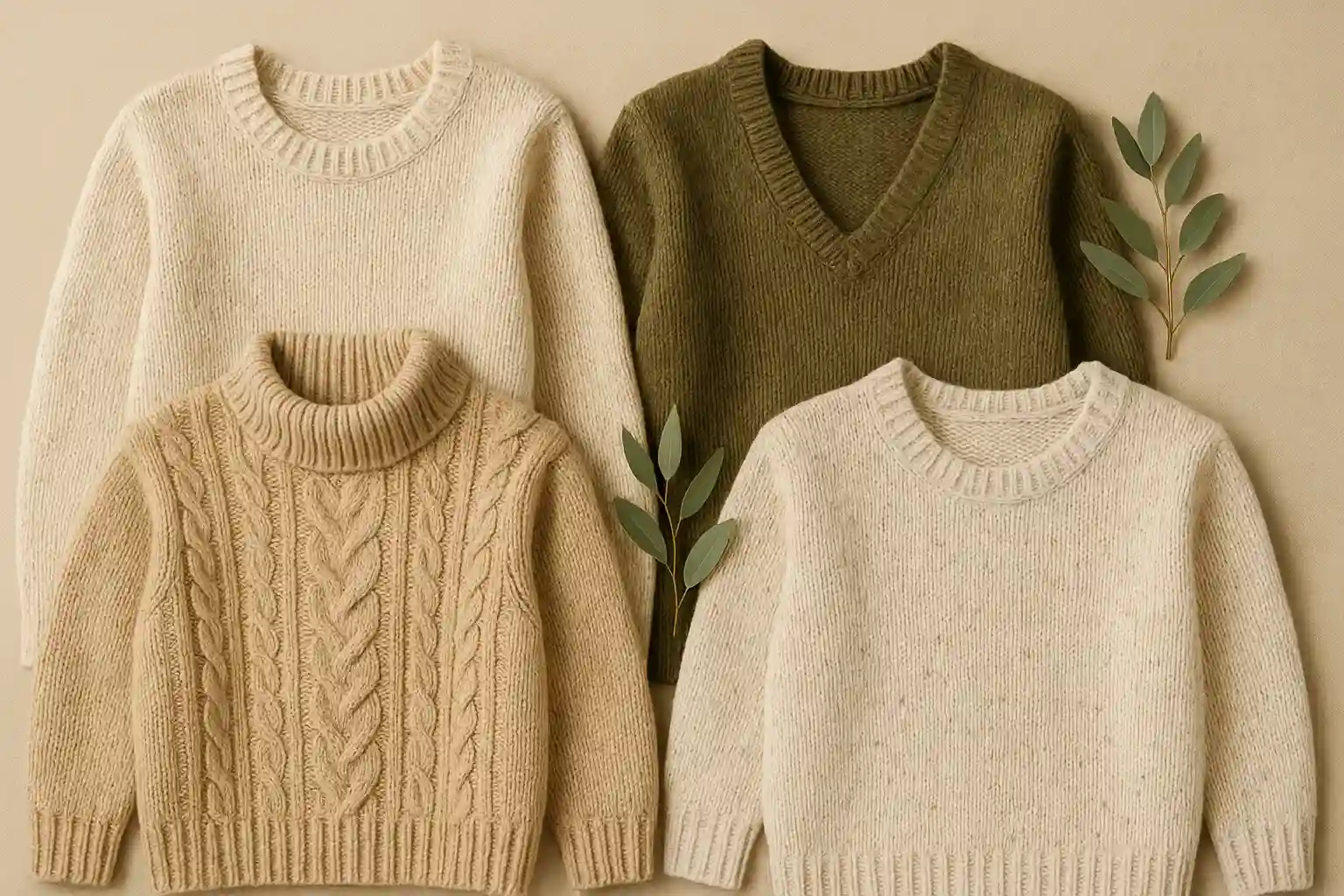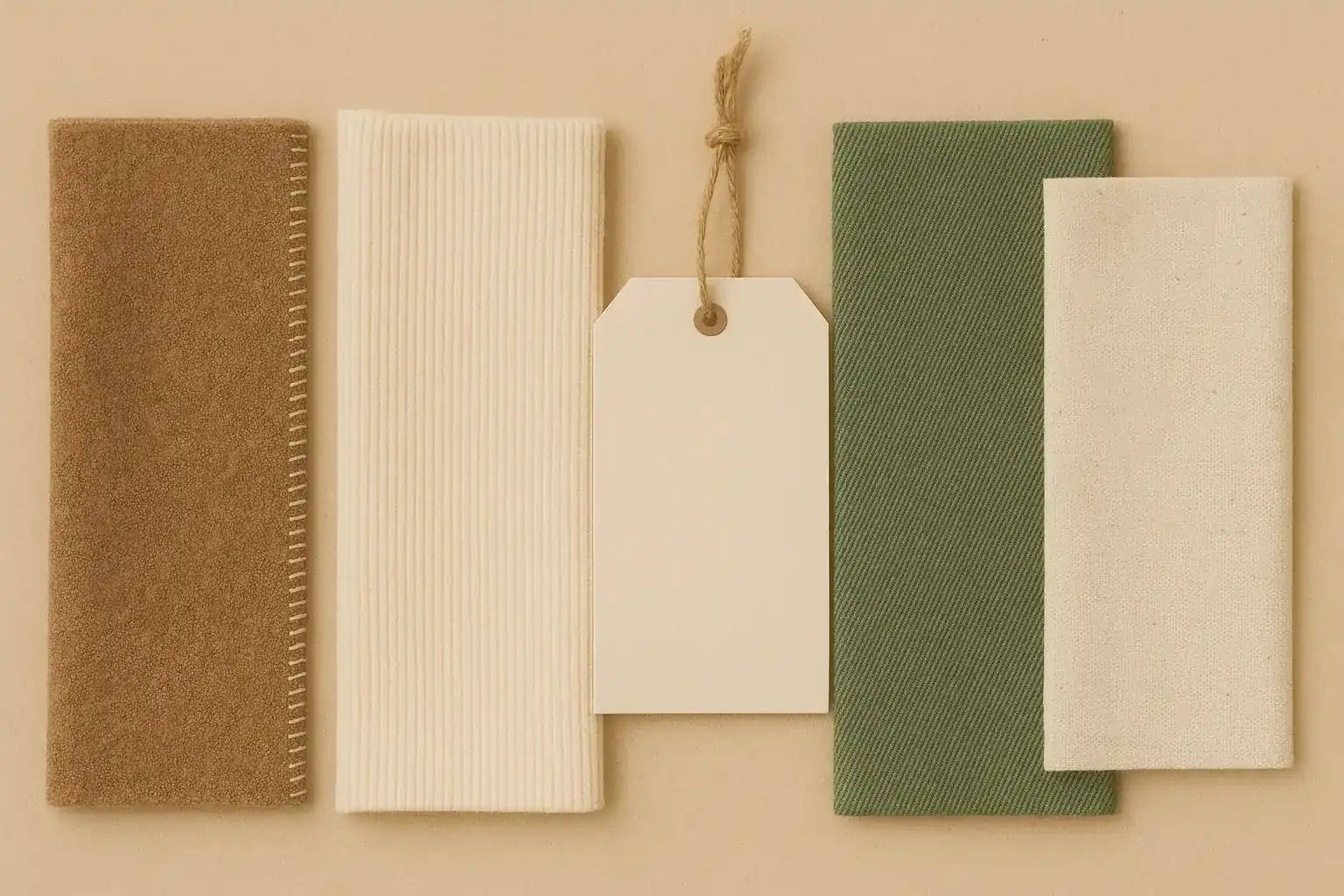The Conscious Thread: Choosing Sustainable Fabrics Over Polyester T-Shirts

The humble t-shirt, a ubiquitous staple in wardrobes worldwide, is often taken for granted. Readily available, affordable, and versatile, the majority of t-shirts produced today are made from polyester, a synthetic fabric derived from petroleum. While polyester offers certain advantages like durability and wrinkle resistance, its widespread use in the fashion industry comes with a significant environmental cost. From the fossil fuels required for its production to the shedding of microplastics during washing and its non-biodegradable nature, polyester contributes to a range of environmental concerns. For the environmentally conscious individual seeking more sustainable and comfortable clothing options, a wealth of natural and innovative fabrics offer compelling alternatives that are kinder to the planet and often gentler on the skin.
The environmental impact of polyester t-shirts begins with the extraction of fossil fuels, the raw material for polyester. The manufacturing process is energy-intensive and releases greenhouse gases. Unlike natural fibers, polyester does not readily biodegrade, persisting in landfills for centuries. Furthermore, the washing of polyester garments releases microscopic plastic fibers, known as microplastics, into our waterways, contributing to the pervasive problem of plastic pollution in our oceans and ecosystems. Recognizing these significant environmental drawbacks, many individuals are seeking more responsible and sustainable fabric choices for their clothing, starting with a seemingly simple yet impactful swap: the material of their t-shirts.
Fortunately, a variety of breathable, biodegradable, and lower-impact fabrics offer excellent alternatives to polyester. By choosing t-shirts made from organic cotton, the versatile and durable hemp, or the soft and sustainably produced Tencel, we can significantly reduce the environmental footprint of our wardrobes while enjoying comfortable and high-quality garments. These natural and innovative fibers offer a more mindful and responsible approach to fashion consumption, aligning our clothing choices with a commitment to a healthier planet.
Weaving a Sustainable Wardrobe: Exploring Eco-Friendly T-Shirt Materials
Moving beyond the dominance of polyester opens up a world of more environmentally conscious and comfortable fabric options for our t-shirts:
Organic Cotton: Softness and Sustainable Cultivation
Organic cotton is grown without the use of synthetic pesticides, herbicides, or genetically modified organisms, making it a significantly more sustainable option compared to conventional cotton. Organic farming practices promote soil health, conserve water, and protect biodiversity. T-shirts made from organic cotton are soft, breathable, and gentle on the skin. Brands like Pact and Colorful Standard offer a wide range of organic cotton t-shirts in various colors and styles, providing a comfortable and environmentally responsible choice for everyday wear.
Hemp: Strength, Durability, and Minimal Impact
Hemp is a natural fiber derived from the hemp plant, a fast-growing and incredibly versatile crop that requires minimal water and no pesticides or herbicides. Hemp fibers are known for their strength, durability, and breathability, making them an excellent choice for long-lasting t-shirts. Hemp cultivation also has a relatively low environmental impact. T-shirts made from hemp often have a unique texture and tend to soften with wear.
Tencel (Lyocell): Softness and Sustainable Production
Tencel, also known as Lyocell, is a manufactured fiber derived from sustainably harvested wood pulp, often eucalyptus. The production of Tencel utilizes a closed-loop process that recycles water and solvents, minimizing waste and environmental impact. Tencel fabric is known for its exceptional softness, breathability, and moisture-wicking properties, making it a comfortable and eco-friendly choice for t-shirts. Brands like Toad&Co often incorporate Tencel into their clothing lines, highlighting its sustainable production and comfortable feel.
Completing Your Conscious Closet: Beyond the Fabric
Choosing sustainable t-shirt materials is a significant step towards a greener wardrobe, but consider these additional factors:
- Ethical Production: Look for brands that prioritize fair labor practices and safe working conditions in their supply chains.
- Durability and Longevity: Invest in well-made t-shirts that are designed to last, reducing the need for frequent replacements.
- Minimal Packaging: Choose brands that use minimal and recyclable packaging for their garments.
By consciously choosing t-shirts made from organic cotton, hemp, or Tencel, and considering the ethical and environmental practices of the brands we support, we can build a more sustainable and mindful wardrobe.
Related Blogs

10 Transformative Wardrobe Swaps for a Lighter Environmental Fashion Footprint
Learn how to reduce your fashion footprint with impactful wardrobe swaps.

Wrap Yourself in Responsibility: Choosing Sustainable Alternatives to Acrylic Sweaters
Upgrade to durable and breathable wool (certified farms), alpaca, or Tencel-blend knits.

Decoding Fabric Labels: What's Really Sustainable?
Insights on decoding fabric labels in a sustainable way.

Outsmarting the Dry Cleaner: Choosing Machine Washable Naturals for a Toxin-Free Wardrobe
Avoid toxic PERC solvents by opting for machine washable organic cotton and linen clothing.

Step Lightly: Choosing Sustainable Alternatives to Nylon Stockings
Opt for recycled nylon, biodegradable, or ladder-resistant hosiery for longer wear and less waste.

Fastening the Future: Choosing Sustainable Alternatives to Plastic Buttons
Opt for biodegradable coconut shell, corozo, or wood buttons for eco-conscious clothing.
Stay in the Loop
Get tips and insights tailored to your interests — no spam, just sustainability.